Nikolić talks region, crises, "Dačić as competition"
President Tomislav Nikolić is confident he would win in the next presidential election, and that current Foreign Minister Ivica Dačić "is no competition."
Friday, 29.08.2014.
15:29

Nikolić talks region, crises, "Dačić as competition"
When asked whether it was true that Dačić would be his "most serious competitor in the next presidential election," he responded by saying: "Do you really think that he can be my competition?"The Serbian president then noted that he "did not underestimate or humiliate people," and added:
"But if in the second year of my (five-year) term someone starts talking about becoming Serbia's president, then something is wrong with them."
Nikolić said he was convinced that his term will last as long as the Serbian Constitution stipulates, because individuals and political parties were not the ones who decided on "how good he is" - but rather the citizens, "in a referendum."
"And since I am traveling around Serbia the most, I know very well that I would today win more convincingly than in the previous election," Nikolić said.
He then spoke about Kosovo to say that Serbia "did a lot so that it is not an obstacle on its path towards the European Union."
"And, if they think that the obstacles will be removed if we recognize Kosovo and Metohija - that will never happen," Nikolić said.
Speaking about the Berlin conference on the Western Balkans, held on Thursday, the Serbian president said that "many things" stood in the way of regional countries on their "European path."
"This crisis of EU enlargement is hampering us. You know what it's like with EU member-states? These are like passengers who were on a sinking ship and fell into a boat, and are now using oars to beat back anyone wanting to get into that boat. This primarily concerns EU's new members in relation to those of us who want to be there. They settled there, and if we the Balkan poor arrive as well, then that's a very self-centered approach, and I think it suits the big countries as well," Nikolić said.
He added that the recent visit of Prime Minister Aleksandar Vučić to Sarajevo was "a serious sign that Serbia wants to cooperate with Bosnia-Herzegovina."
Speaking on the eve of today's signing of a declaration on the missing persons in Mostar, he said Bosnia was "a partner and friend of Serbia, but also Serbia's obligation under the Dayton Peace Agreement, just as it has an obligation, stemming from that agreement, to maintains special relations with Banja Luka (the Serb Republic entity)."
Asked when he would visit Sarajevo, Nikolić said that he "almost did" on June 28, when the 100th anniversary of the Sarajevo assassination was marked - but that organizers "made a crude mistake that kept the Serbian delegation away."
"Too bad. I was really ready to come to Sarajevo then. the president of Austria, who is our sincere friend, particularly insisted. However, if you want someone to come, don't set traps for him," Nikolić said, adding that he "does not know why" - but thinks that putting up a sing on the building housing the central event that read, "Serbs are criminals" - was a trap.
He then noted that several meetings did take place - first a trilateral one that included Turkey, and later in Dubrovnik during an event organized on the initiative of German Chancellor Angela Merkel.
The Serbian president noted that there the tripartite presidency of Bosnia-Herzegovina had "big responsibility" but that its members are sometimes "not prepared to bear it."
"When you talk to the Presidency of Bosnia-Herzegovina members, it is almost always informal conversation, they tremendously avoid talking about serious issues in Bosnia when all three are present. Then they prefer to talk about family issues and many other things, but avoid talking about Bosnia-Herzegovina, because they know what their responsibility is and are sometimes not ready to bear that responsibility..., " Nikolić said.
During the interview, he said he "allowed that the view of the Serb member of the Presidency, Nebojša Radmanović, may be that Bosnia can peacefully part ways," but said his own view was different:
"Except for Czechoslovakia, I am yet to be shown an example of a country separating peacefully. Because in such cases the fate of the people is determined during one night... On the other hand it is obvious that there (in Bosnia-Herzegovina) no one is trying to strengthen the state, no member of the Presidency, no entity. Sometimes I have a problem with the Serbs because I ask them who Bosnians in Bosnia-Herzegovina are nowadays. All of you who live in Bosnia have renounced being Bosnians. Everyone aligns themselves along ethnic lines," Nikolić said.
"We have Croats, Bosniaks (Muslims), Serbs, but no Bosnians. The census results will be interesting because the feeling that there is a country called Bosnia-Herzegovina seems to be disappearing," the president said, adding that as far as Serbia is concerned "it has an obligation that Bosnia-Herzegovina exists and that nothing is done to destabilize it, but also to stabilize the Serb Republic."
Asked if he had favorites in the upcoming October elections in Bosnia, Nikolić said he did not wish to "determine himself" on that issue.
"I want these elections to be democratic, to determine the will of the citizens, let the best win, and Serbia will cooperate with the party and government that is elected."
When the interviewer remarked that "it was common for politicians to offer support in the past," and that his predecessor Boris Tadić did that, Nikolić said that it was a mistake and that Tadić disappeared from the political scene "for that reason."
"I will not make that mistake," Nikolić was categorical.
After more insistence that he says who he would like to see in the next Presidency of Bosnia-Herzegovina, Nikolić replied: "You will not get an answer to that question."
Speaking about "the balanced policy of Belgrade toward Brussels and Moscow," and whether such a policy "could cost Serbia," the president said that this was a possibility.
"But, it is a human, moral, political fully functional and very responsible attitude. In times of conflict between big (countries) Serbia always chose the right side. And when everything was over, Serbia never had any use from it, only harm. In all the world wars we were on the right side, and yet those who were on the side of the enemy fared better. Somehow they emerged from the crisis faster. This is the hour in which Serbia should not be taking sides since this is a clash of two of our friends over a third friend - Ukraine," said Nikolić.
The Serbian president then added that his country "cannot survive without Russia."










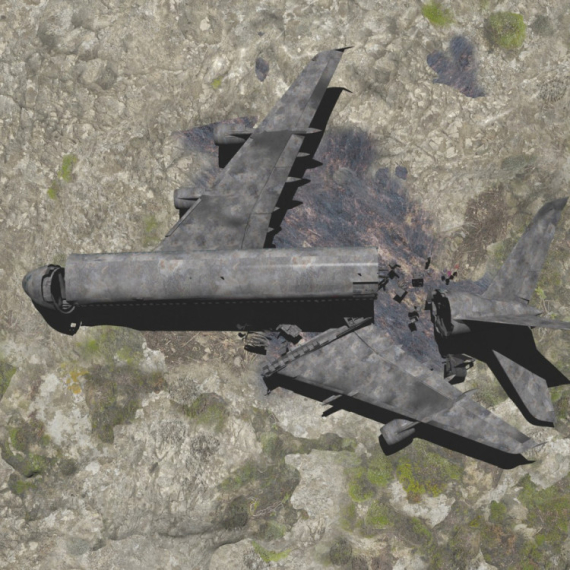

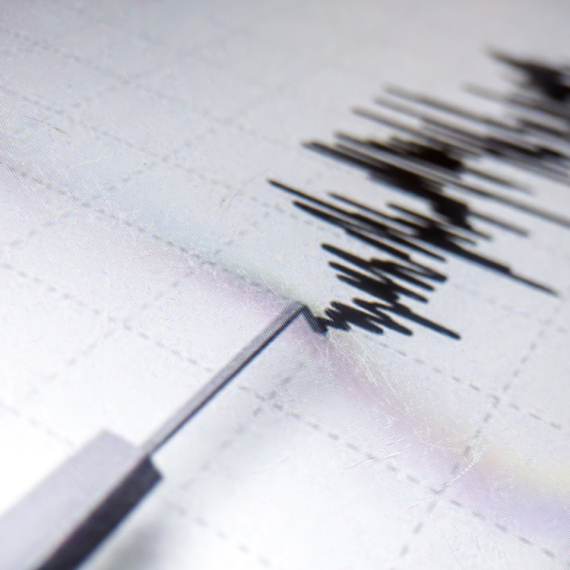
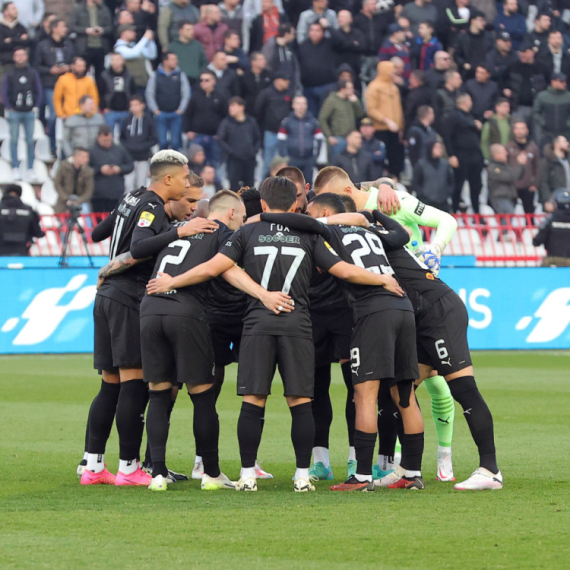
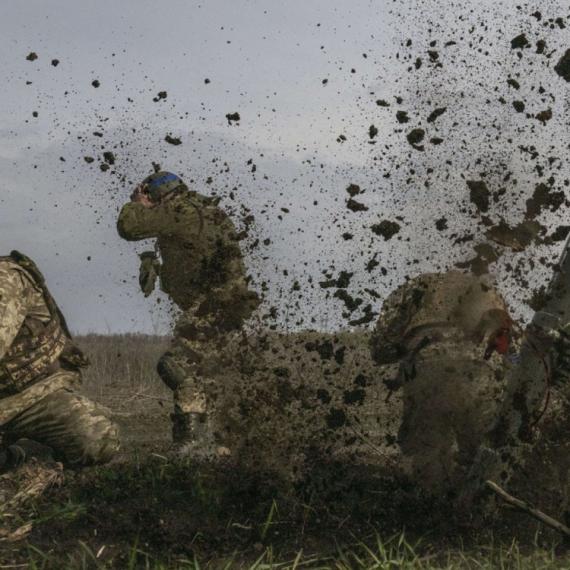
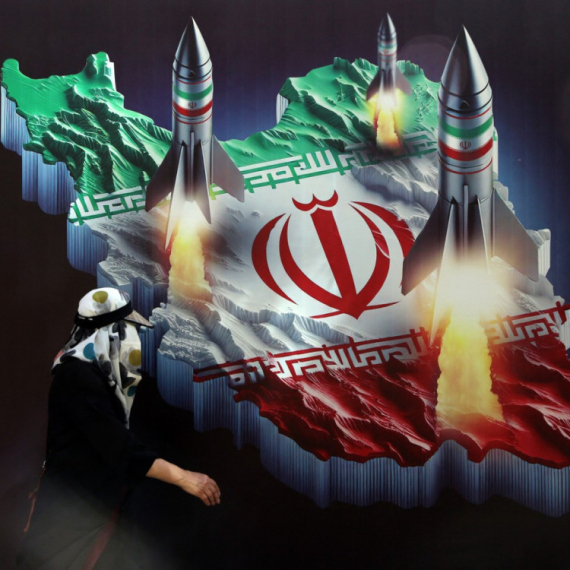
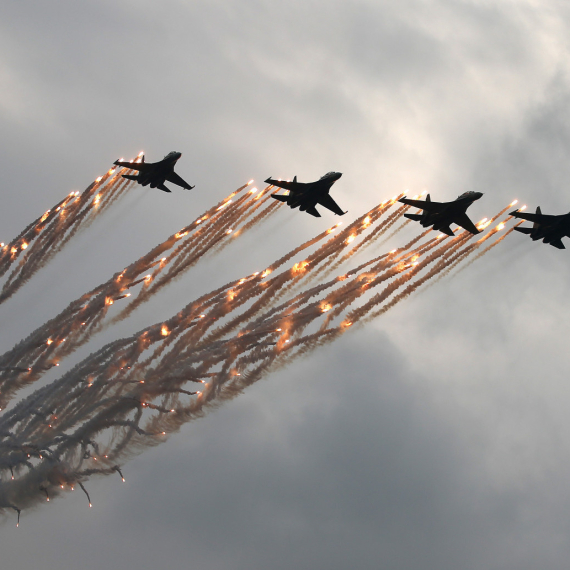
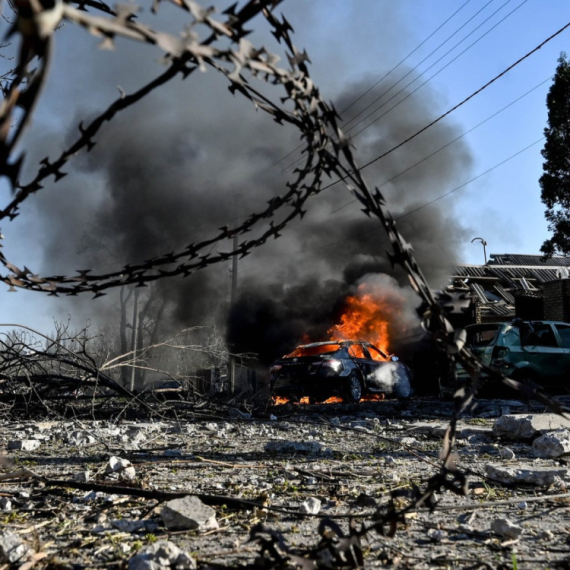


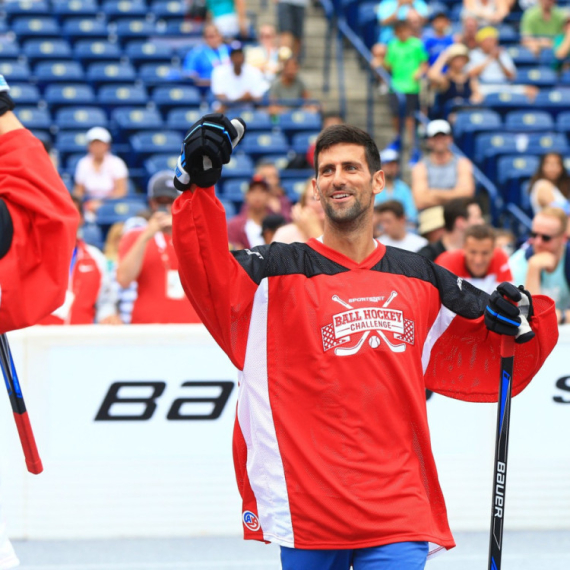




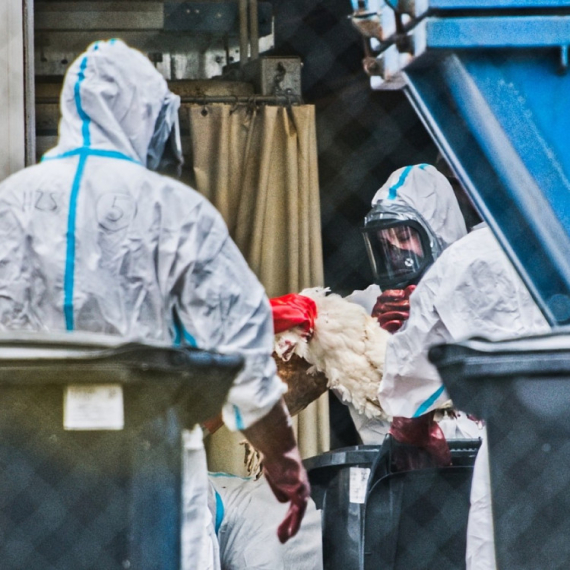







Komentari 2
Pogledaj komentare